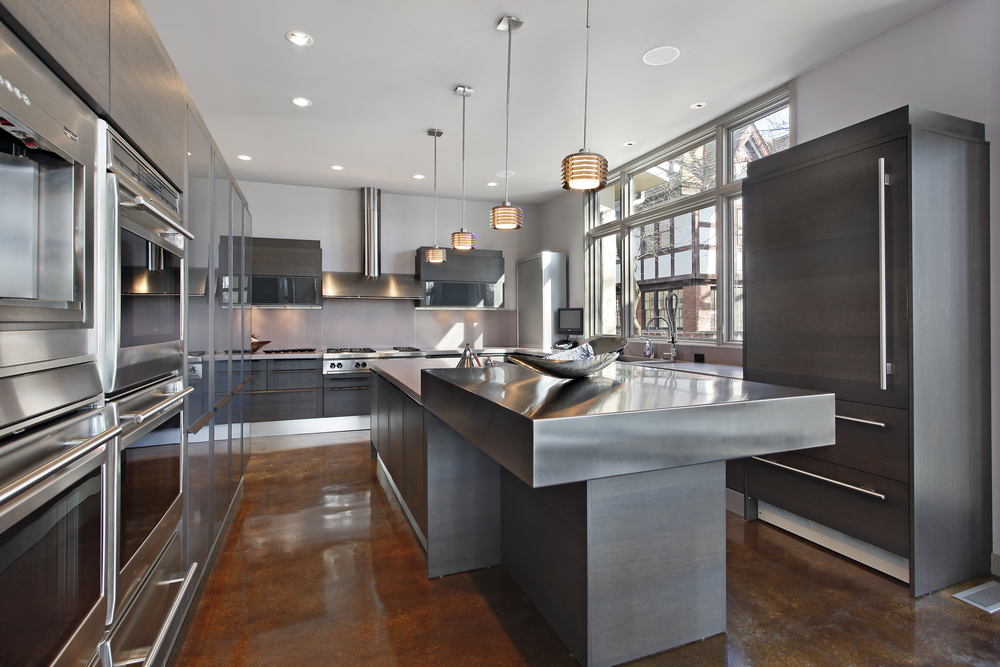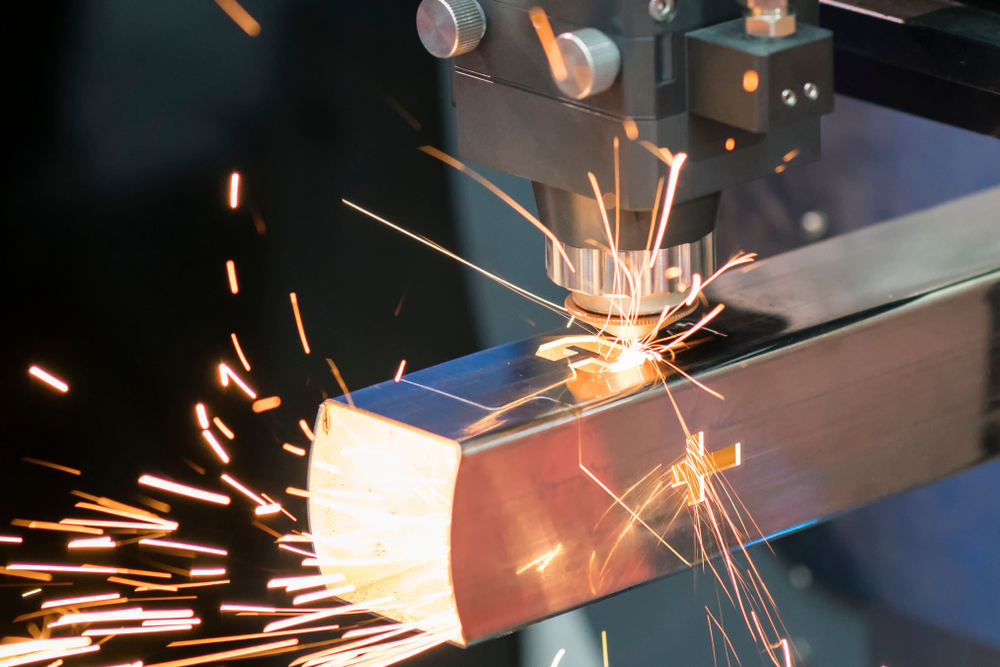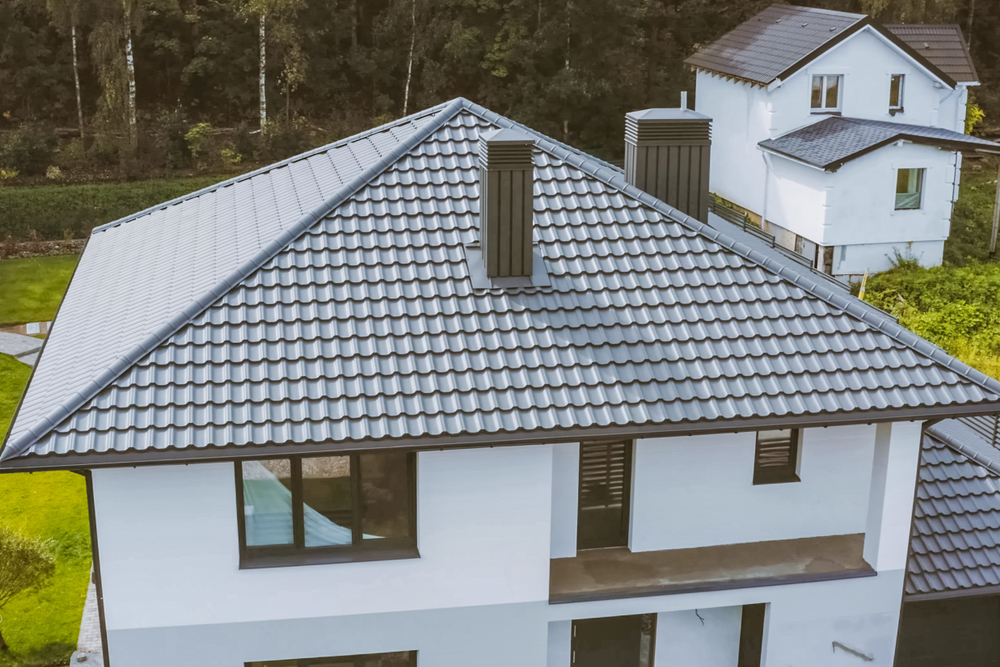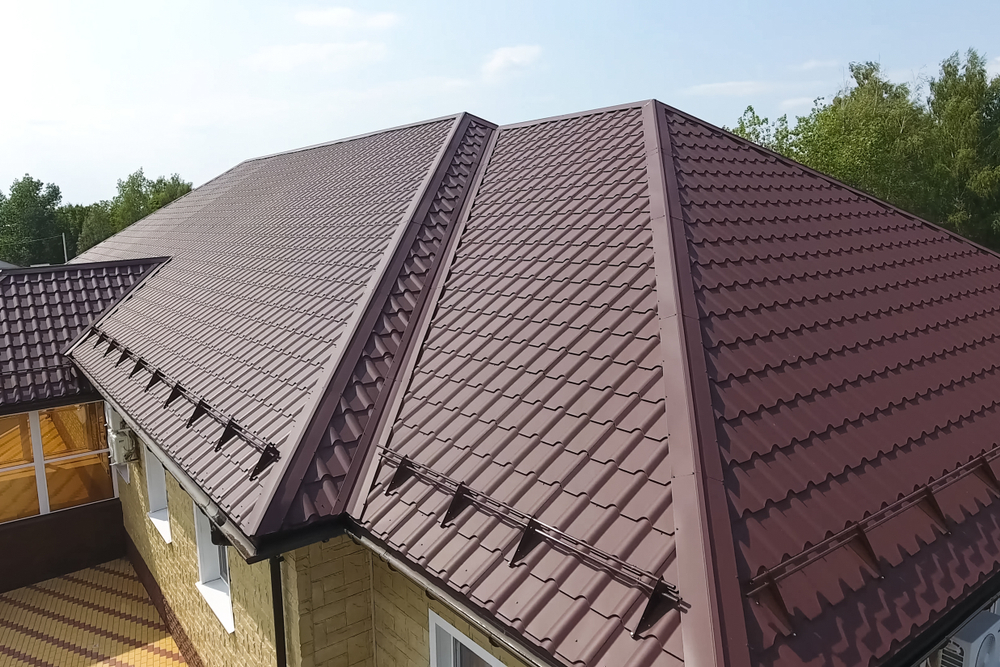Are you planning to remodel your kitchen? If so, you’re already familiar with the endless possibilities of a kitchen refresh. Whether you’re looking to upgrade your appliances or just make some cosmetic changes, metal fabricators like Cypress Metals in Salt Lake City, Utah, are an excellent option to consider when renovating your kitchen.
Not only can a metal fabricator create custom-made pieces that fit your exact needs, but they can also provide a unique look and feel to any design. Here’s why it pays to call a metal fabricator for your next kitchen renovation.

One-of-a-Kind Range Hoods
Custom metal range hoods are one of the most essential components of any functional kitchen. Not only do they keep smoke and odors out of the room, but they also add a touch of style and sophistication to the overall look of the space. Metal fabricators can customize range hoods in bronze, copper, stainless steel, and other metals depending on the desired design. Working with a metal fabricator allows you to have range hoods built according to your exact specifications that will perfectly fit into your new kitchen.
Custom Kitchen Pieces
From custom countertops to stainless steel backsplashes, there are many ways to add unique elements to your home without breaking the bank. With their expertise in laser cutting and shaping metal sheets, metal fabricators can craft pieces that fit into most spaces. Additionally, because metal is so durable and easy to clean, it makes an excellent choice for busy households where messes are inevitable.
Durability & Maintenance
When choosing materials for your renovation project, it’s essential to consider how much maintenance each material requires to look its best over time. Stainless steel is one of the most durable materials available today and is incredibly easy to maintain. All you need is some water and a microfiber cloth. It doesn’t get easier than that. And because metals like copper or bronze don’t rust or corrode over time, they’ll remain looking brand new for years after installation.
Finally, working with metal fabricators allows homeowners to get precisely what they want at an affordable price. Many people assume that customizing anything means paying top dollar. But this isn’t necessarily true when it comes to metal fabrication services. By working directly with a metal fabricator, homeowners can save money while still getting a stunning one-of-a-kind kitchen.
Metal fabricators offer homeowners countless options when it comes time for a kitchen renovation project. From custom range hoods crafted from bronze or copper metals down to stainless steel countertops or backsplashes—metal fabricators have you covered. Not only are these pieces durable and long-lasting, but they’re also great conversation starters. So if you’re living in Salt Lake City, Utah, and looking for something special for your next kitchen remodel project, contact Cypress Metals today.









